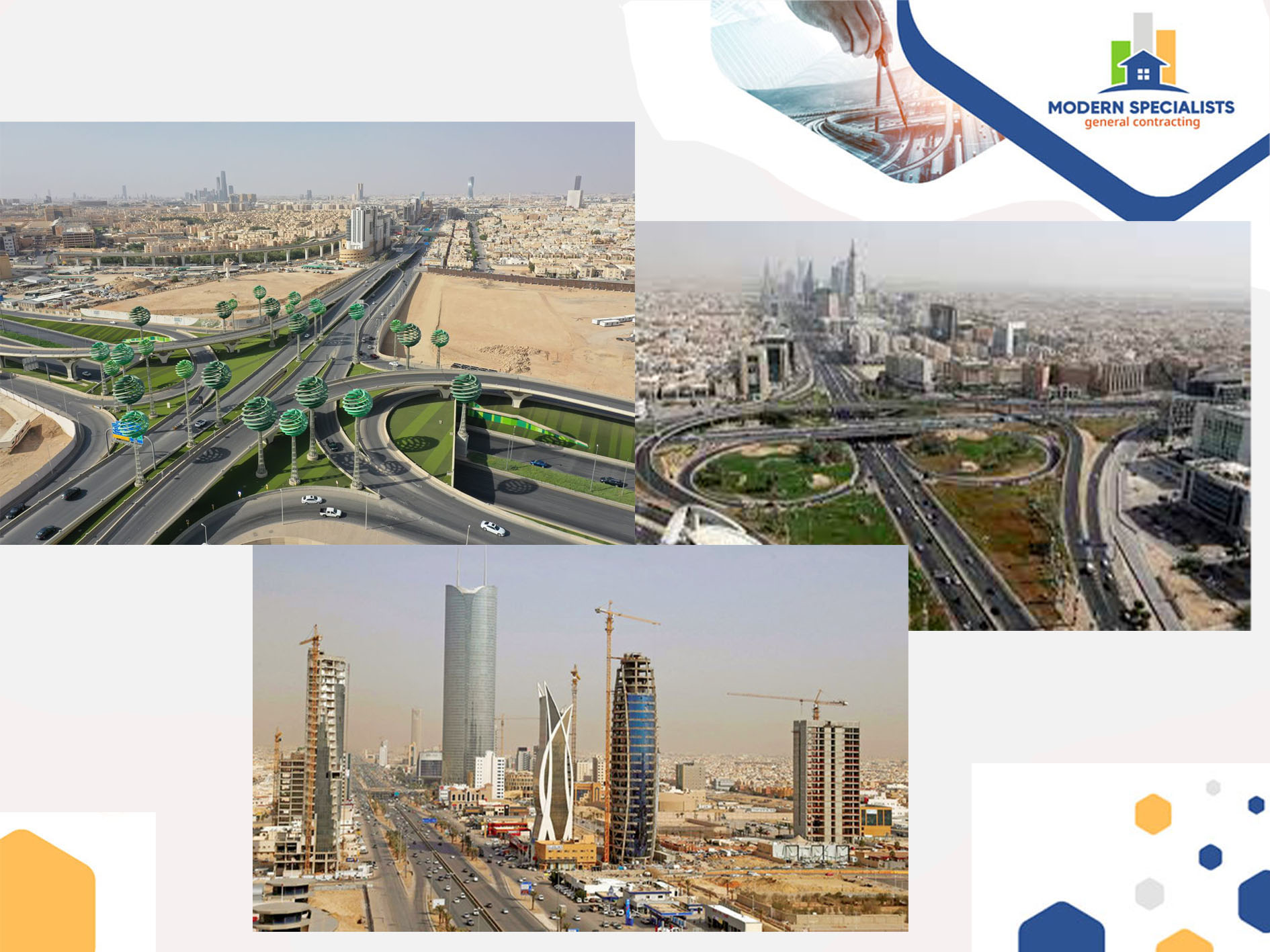
Saudi Arabia's Notable Infrastructure Projects
The last decade has seen a number of major infrastructure projects in the Kingdom, including:
These are just some of the major infrastructure initiatives being undertaken in the Kingdom. This rapid expansion of infrastructure is helping to drive economic growth, create jobs, and spur investment. In order for businesses to capitalize on the growth opportunities, however, they must first understand the operational and financial implications of these developments.
Implications for Operational Accounting
Businesses in the Kingdom must consider the operational implications of these projects to remain competitive and profitable. Here are some of the key considerations below.
Greater Demand for Skilled Labour
With an influx of large-scale infrastructure projects, there is sure to be greater demand for qualified personnel in a range of industries, such as engineering, construction, project management, and finance. Companies may be forced to compete for talent, which in turn may push up wages.
Higher Costs for Materials
As infrastructure development intensifies, the demand for key raw materials is likely to rise. This could lead to higher costs for businesses, as suppliers may be able to charge more for their materials. Companies should take this into account when preparing budgets and setting pricing.
Changes in Transportation and Logistics
New roads, bridges, airports, and other infrastructure projects may change the way businesses transport goods and services across the Kingdom. Companies may need to adjust their delivery routes and rethink their supply chains to take advantage of the new opportunities.